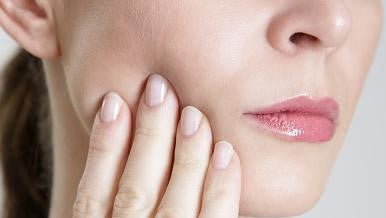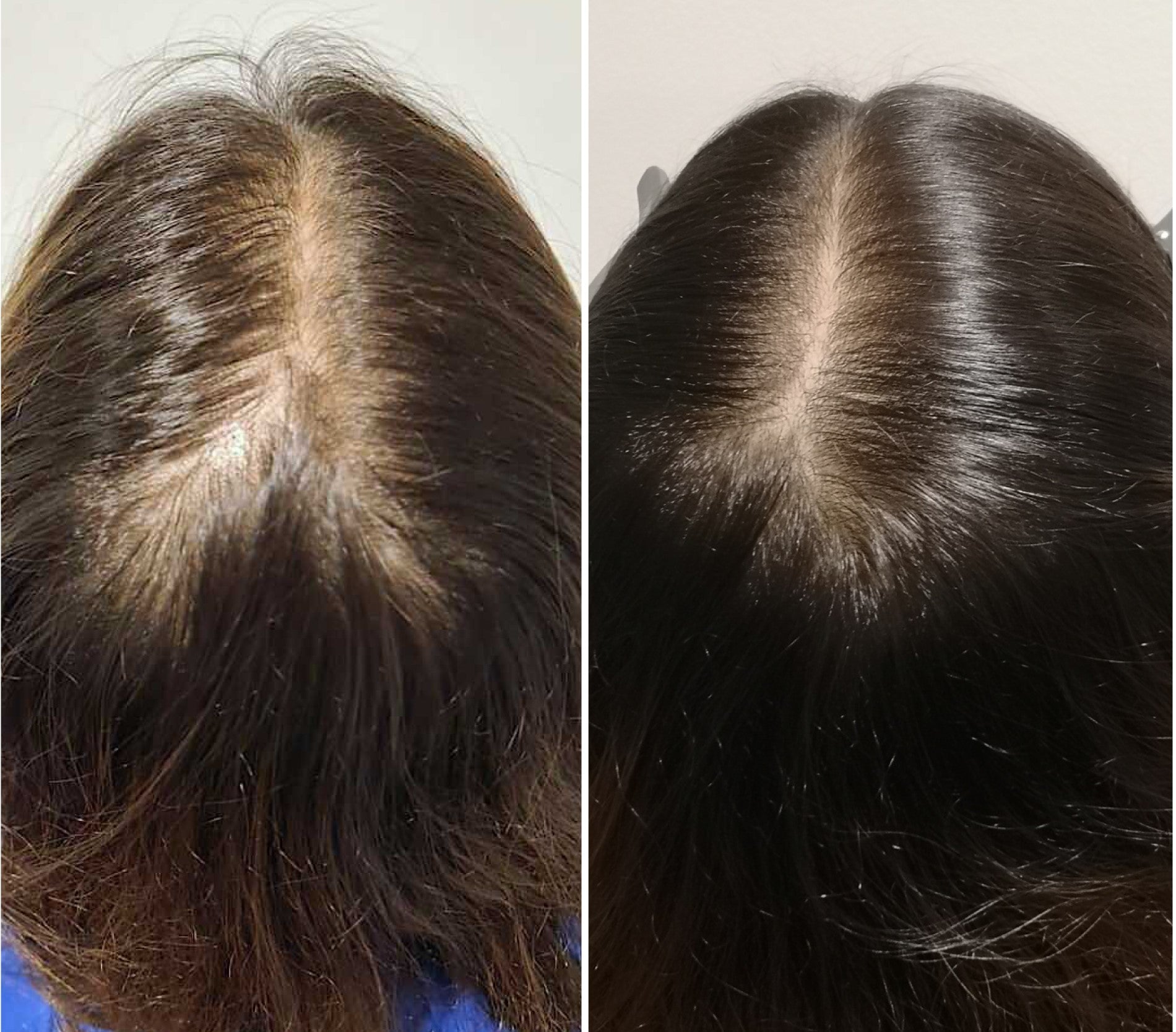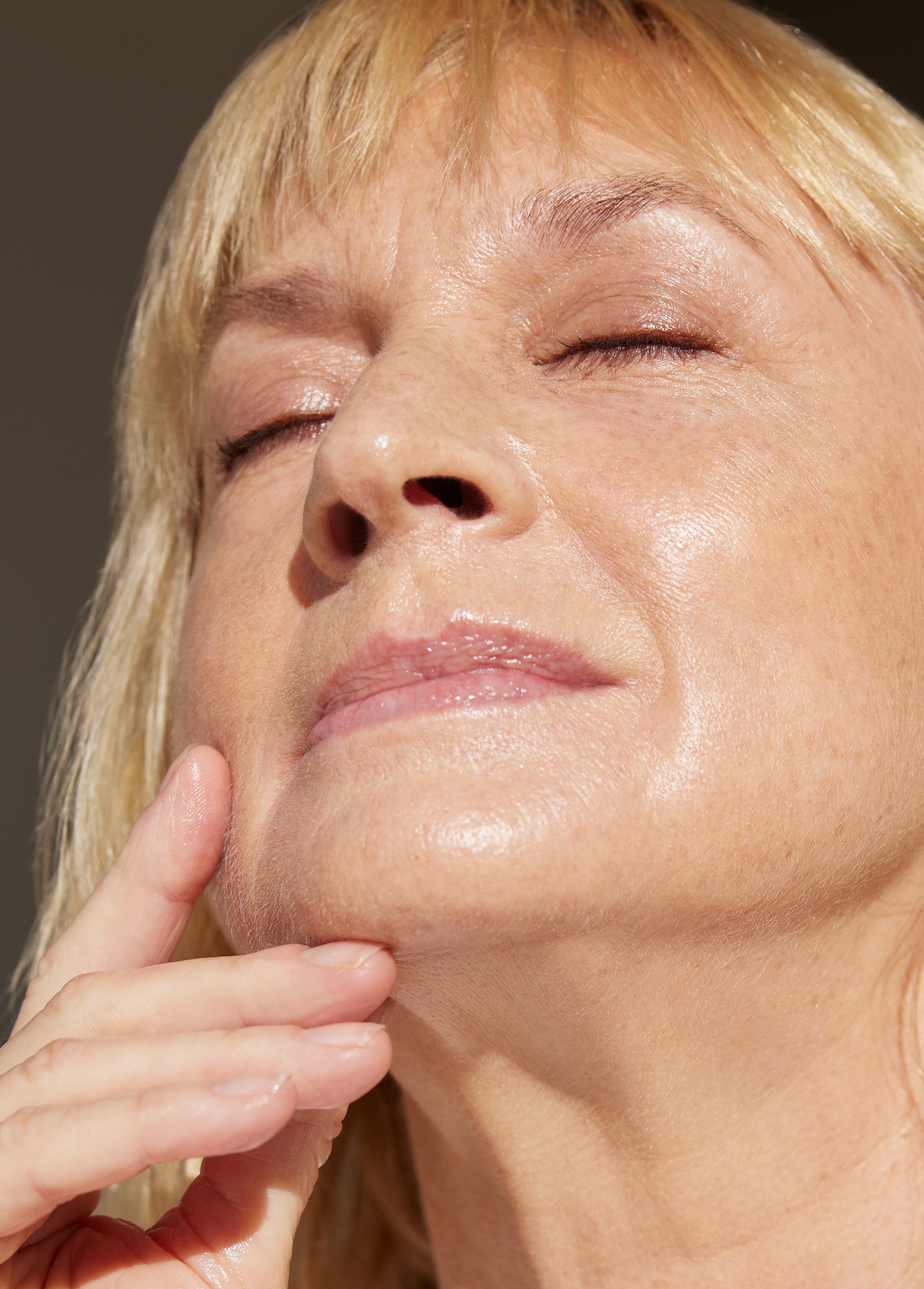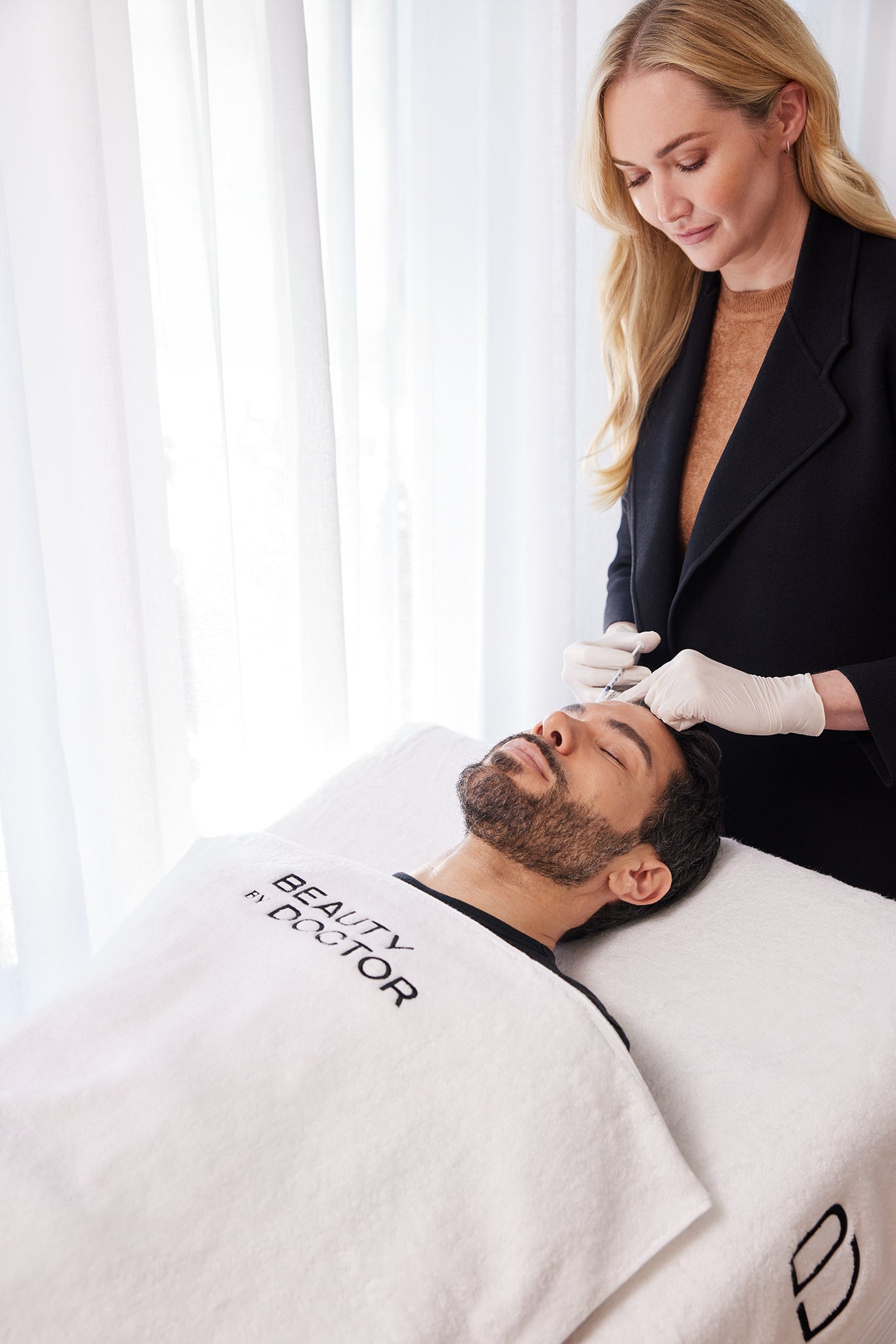TMJ
TMJ
Face Concerns

Understanding TMJ Disorders - Causes and Treatments: This guide explores TMJ disorders, their causes, symptoms, and treatment options, focusing on the effectiveness of muscle-relaxing treatments.
Temporomandibular Joint (TMJ) disorders affect the jaw joint, jaw muscles, and surrounding tissues, leading to symptoms like jaw pain, clicking sounds, difficulty chewing, and headaches.
What are TMJ Disorders?
The TMJ connects the jawbone to the skull, enabling jaw movements such as chewing, speaking, and yawning. TMJ disorders encompass various conditions affecting this joint and its associated structures:
Temporomandibular Joint Dysfunction (TMD): This includes conditions affecting the TMJ, surrounding muscles, ligaments, and nerves, causing symptoms like jaw pain, restricted jaw movement, clicking sounds, and muscle stiffness.
Myofascial Pain Syndrome: Characterised by trigger points or "knots" in the jaw, face, and neck muscles, leading to localised pain and muscle dysfunction.
Bruxism: Involuntary teeth grinding or clenching, often during sleep, which can strain the TMJ and facial muscles, resulting in TMJ disorders.
Causes of TMJ Disorders
TMJ disorders can arise from various factors, including:
Jaw Trauma: Injuries like a blow to the face or whiplash can damage the TMJ.
Dental Problems: Malocclusion, missing teeth, or poorly fitting dental restorations can impact jaw function.
Muscle Tension: Chronic tension or overuse due to stress, anxiety, recreational drug use, or habits like teeth grinding can strain the TMJ.
Arthritis: Conditions like osteoarthritis or rheumatoid arthritis can affect the TMJ, causing inflammation and pain.
Genetics: Some individuals may be predisposed to TMJ disorders due to genetic factors.
Impact of TMJ Disorders
TMJ disorders can significantly affect oral health, facial aesthetics, and overall well-being:
Jaw Pain: Persistent jaw pain can interfere with daily activities and reduce quality of life.
Limited Jaw Movement: Difficulty opening or closing the mouth fully can affect speech, eating, and oral hygiene.
Headaches: TMJ disorders are often linked to tension headaches or migraines.
Facial Asymmetry: Chronic muscle tension or hypertrophy in the jaw muscles can lead to facial asymmetry.
Treatment Options for TMJ Disorders
Muscle-relaxants contain botulinum toxin type-A and have emerged as an effective treatment for facial slimming associated with TMJ disorders. These injections target and weaken the masseter muscles, reducing muscle tension and facial bulkiness, leading to a more streamlined facial appearance.
Results and Benefits
Reduction in Facial Width: By weakening the masseter muscles, anti-wrinkle / muscle-relaxing treatments can slim the face.
Alleviation of TMJ Symptoms: This treatment can help relieve jaw pain, muscle tension, and chewing difficulties.
Non-Surgical and Minimally Invasive: This treatment offers a less invasive alternative to traditional TMJ treatments with minimal downtime.
Long-Lasting Results: While temporary, the effects last about 3 to 4 months, with repeated treatments providing cumulative improvements.
Why Choose Beauty by Doctor for TMJ Treatment?
At Beauty by Doctor, we deliver exceptional care for TMJ disorders and facial slimming. Here's why individuals choose us:
Expertise: Dr Phoebe Jones and the BBD team are skilled medical physicians with specialised training in facial anatomy and injectable treatments.
Personalised Approach: We tailor treatment plans to address individual concerns and goals.
Comprehensive Care: From consultation to follow-up, we provide continuous support to ensure optimal outcomes.
State-of-the-Art Facility: Our clinic has advanced medical technology, ensuring safe and effective treatments.
At Beauty by Doctor (BBD), located in Bondi Junction in Sydney's Eastern Suburbs, we specialise in addressing these issues. Led by Medical Director Dr Phoebe Jones, our clinic offers comprehensive solutions, including anti-wrinkle / muscle-relaxing injections for facial slimming.
If you suffer from a TMJ disorder, feel free to book in for a consultation for a proper diagnosis.
Disclaimer: Results may vary from person to person. Please consult with a qualified healthcare professional to determine the best treatment plan for your individual needs.






